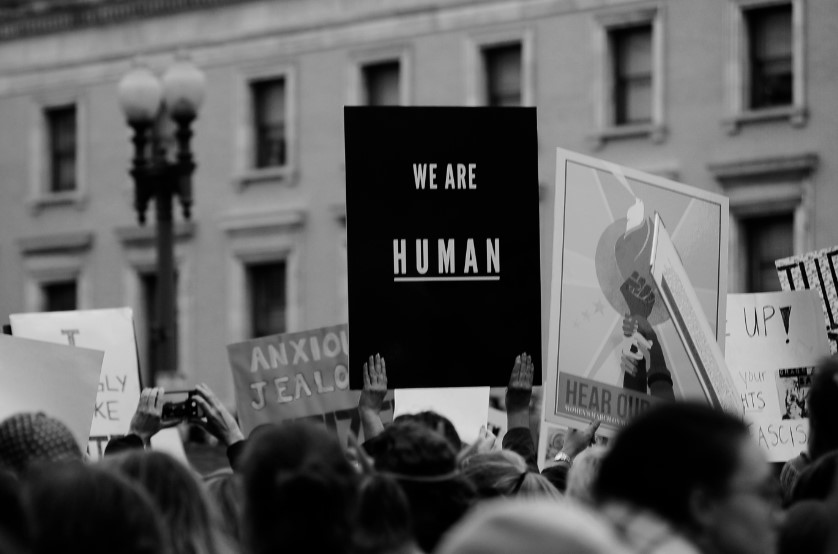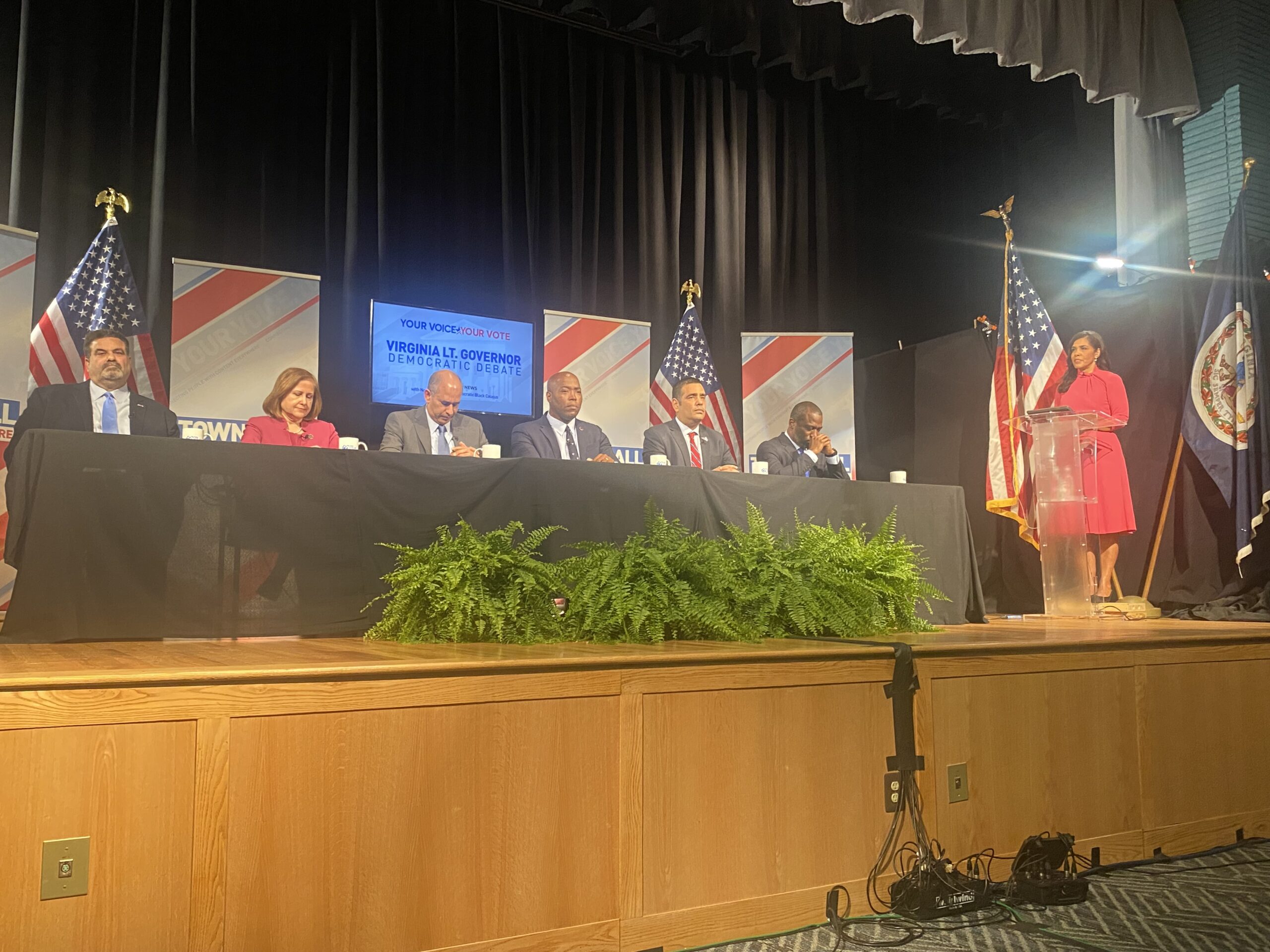Virginia Must Abolish the Death Penalty
Our Commonwealth’s relationship with capital punishment spans over four centuries. The first execution in the New World took place in Jamestown in 1608, when Captain George Kendall was executed in Jamestown on charges of espionage. Since that fateful day in 1608, Virginia has since put to death a record-shattering 1,300 people, including the most women and young children of any state in the Union.
Following Governor Northam’s call to abolish the death penalty during his State of the Commonwealth address, Virginia is poised to become the first southern state to abolish capital punishment during the 2021 Session. Although numerous abolition bills have been introduced in the General Assembly over the past several decades, Governor Northam’s legislation is of historical significance as the first to be introduced by a sitting governor. In tandem with Governor Northam’s legislation, Delegate Mike Mullin (D-Williamsburg), Delegate Lee Carter (D – Manassas), and Senator Scott Surovell (D – Fairfax) have patroned their own bills respectively in calling for the abolition of capital punishment. Delegate Mike Mullin’s HB 2260, Delegate Carter’s HB 1779, and Senator Surovell’s SB 1165 would formally abolish the death penalty, including the two defendants currently on death row in Virginia by communiting their death sentences to life-imprisonment.
We are on the cusp of a groundbreaking opportunity to end the egregious wrong of state-sanctioned execution in Virginia. It is imperative that we act swiftly on this historic opportunity.
Abolition is Racial Justice
Between 1901 and 1981, the Commonwealth executed 258 Black people, nearly six times as many Black people were executed than white people. During this eighty-year period, Black people were executed for offenses including armed robbery and attempted sexual assault. Not a single white person during this era was executed for any crime other than murder. The race of the accused is not the only racial factor that results in disparate treatment. According to the Virginia Joint Legislative Audit and Review Commission on Capital Punishment, an accused is over three times as likely to be sentenced to death when the victim is white than when the victim is Black.
This moment of nationwide racial reckoning provides us with an opportunity to reconcile Virginia’s history of racial terror by acknowledging our past wrongs. Only then can we work towards restoring trust between those who have been victimized and a Commonwealth that has perpetrated such harm in its past.
Abolition Protects Innocent Defendants
Nationwide, there have been over 150 exonerations from death row since 1973. Among the most notable cases of exoneration took place here in Virginia. A 22-year old Black defendant with an IQ of 69 named Earl Washington Jr. was wrongly convicted of rape and murder in 1984. Just nine days before Washington’s execution date in 1993, Governor Wilder commuted his sentence to life in prison after new DNA evidence raised doubt about Washington’s presence at the crime scene. After further DNA evidence connected the crime to another man in 2000, Washington received a full pardon by Governor Gilmore.
While Mr. Washington survived to tell the horrific tale of his imprisonment, too many innocent defendants were exonerated after the State mistakenly took their lives. As long as Virginia upholds capital punishment as a pillar of an unjust status quo, we continue to bear the risk of executing innocent men and women.
Abolition is Fiscally Conservative
Contrary to the arguments of death penalty proponents, upholding the practice is exorbitantly more expensive for taxpayers than life-imprisonment. While no formal cost study has been done in Virginia, Maryland found in 2008 that death penalty cases cost three times more than non-death penalty cases, equivalent to $3 million for a single case. North Carolina found that taxpayers spend $2.16 million per execution over the costs of sentencing murderers to life imprisonment according to a 1993 Duke University study.
Capital punishment has proven to be an unjust and undue burden on taxpayers across our nation. That money could be better spent funding alternatives to traditional incarceration, drug treatment programs, and alternatives to status quo mechanisms of policing to keep citizens out of the criminal justice system entirely.
Abolition is a Moral Imperative
Not only will abolition of capital punishment recommit our Commonwealth to our shared moral obligation of ending state sanctioned killing but it reaffirms Virginia’s commitment to proper governance. Article I Section 9 of the Virginia Constitution prohibits Cruel and Unusual Punishment. The Commonwealth cannot continue to be endowed with the ability to take a life if we are to uphold the premise that murder is a societal wrong. We cannot continue to seek such a form of retribution against any human being no matter how heinous the crime. As the old adage goes, an “eye for an eye makes the whole world blind.”
The death penalty is a failure – racially, penologically, financially, and morally. The federal government’s recent killing spree over the last few months was a horrifying reminder that any power we give the government is subject to abuse. It is time for Virginia to give up the power to kill its own people.
This article was first published in Justice Forward Virginia



